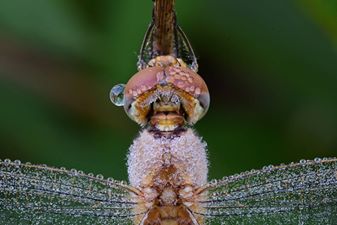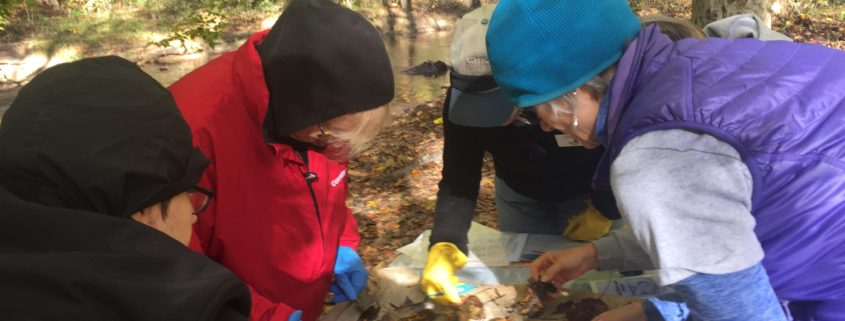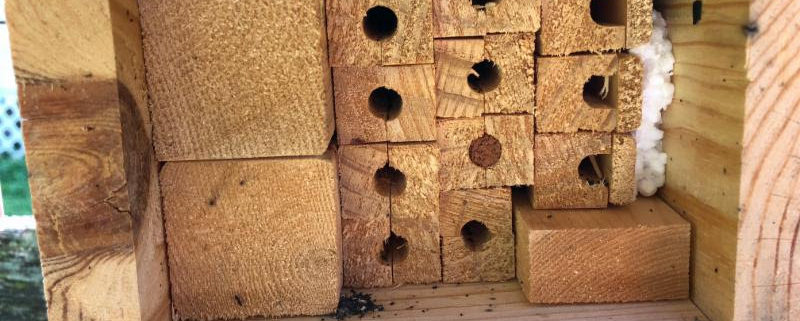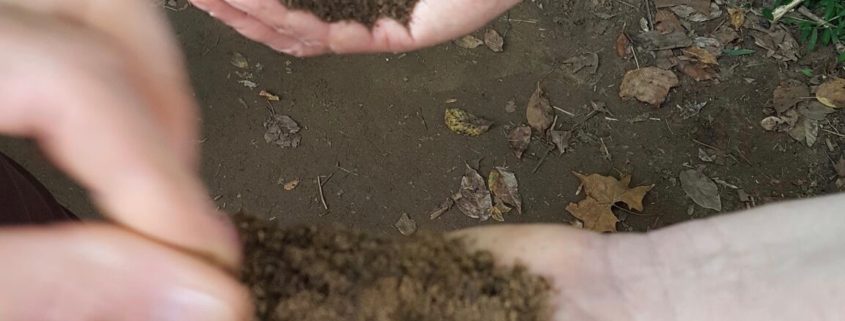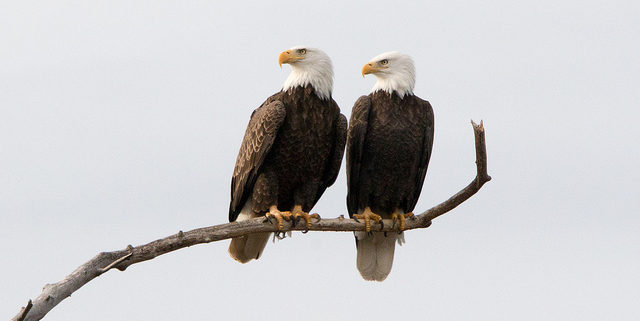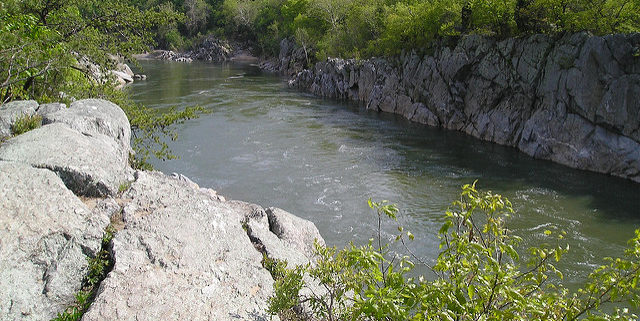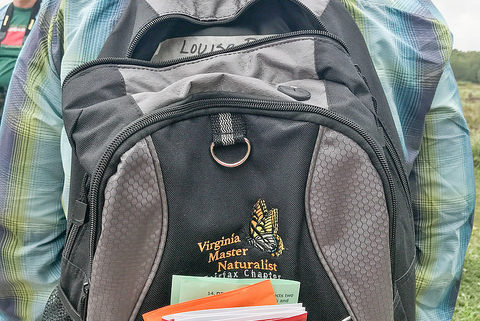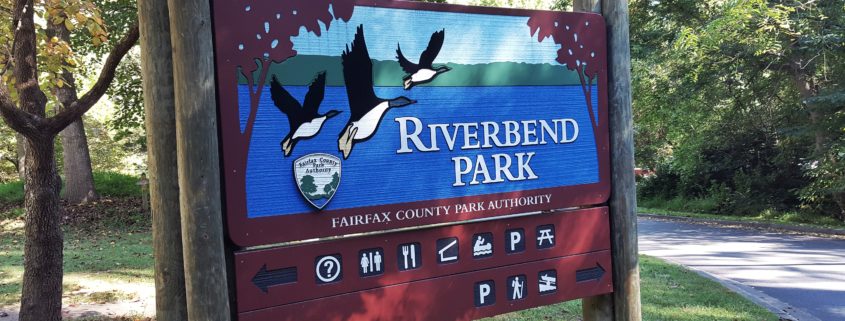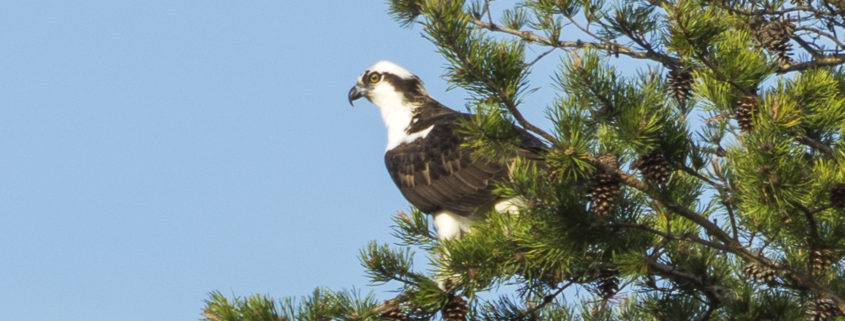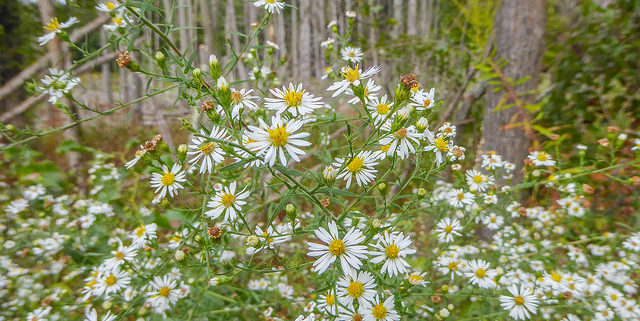Nature photography, FMN annual meeting, December 7th
Photo by Fred Siskind
St. Dunstan’s Church
1830 Kirby Drive, McLean VA
Friday, 7 December 2018
7-9 pm
Potluck: please bring a dish to share
Public invited! Our Fairfax Master Naturalists board officer elections will be followed by our Fall Basic Training Course graduation. Candidates for election follow:
President: Joe Gorney
Vice President/Program Committee Chair: Kit Sheffield
Secretary: Shannon Dart
Treasurer: Ron Grimes
Past President: Michael Reinemer
Fred Siskind will then give a presentation on nature photography. (One hour continuing education credit for Fairfax Master Naturalists.) Fred will discuss macro photography in the field with an emphasis on photographing insects – dragonflies, damselflies, butterflies, caterpillars. He will briefly describe the equipment he uses and cover the essential requirements for producing a good photograph – composition, background and foreground control, depth of field, gardening, and lighting.
Fred is a nature photographer specializing in wildlife. In addition to regularly photographing in Washington area parks, he has traveled to many U.S. national parks as well as game parks in Kenya. He is a longtime member and former President of the Northern Virginia Photographic Society, and a member of the North American Nature Photography Association. He completed the Fairfax Master Naturalist Program in 2016.
His photos have been published in many magazines (Audubon, Birder’s World, Bird Watcher’s Digest, National Geographic Kids, Natural History, Nature’s Best, Outdoor Photographer, Smokies Life), books (American Birding Association, Capstone, Kidsbooks, National Geographic, Western National Parks Association), calendars (Audubon, Shearson, Tildon), and used in exhibits (Huntley Meadows Park, National Park Service, National Arboretum) and brochures and posters (Huntley Meadows Park, Time-Life Books, U.S. Fish and Wildlife Service). He collaborated with former U.S. Children’s Poet Laureate J. Patrick Lewis on a poetry/photography book for children titled Face Bug, which can be ordered on Amazon. His photos can be seen at www.agpix.com/siskind.


